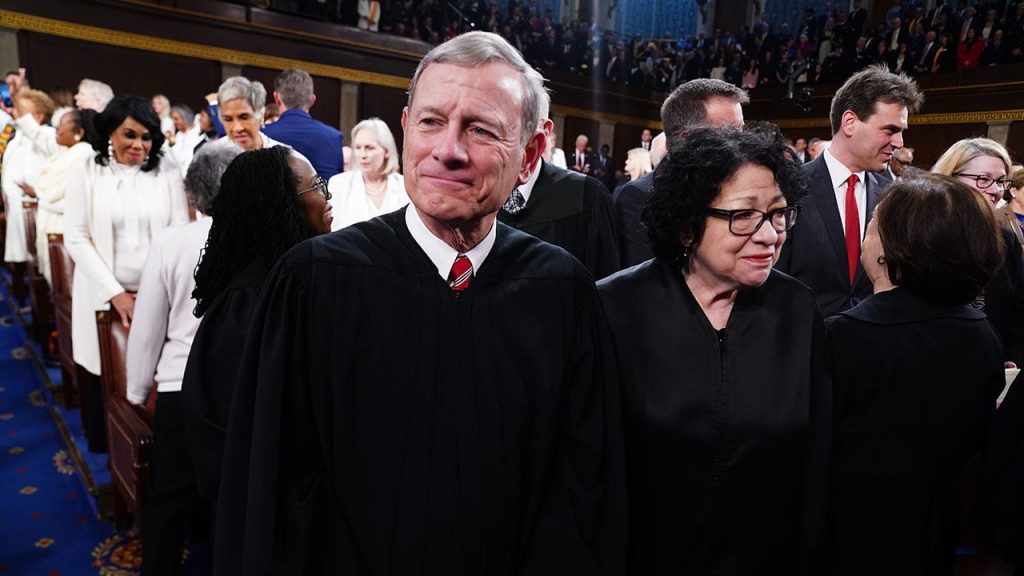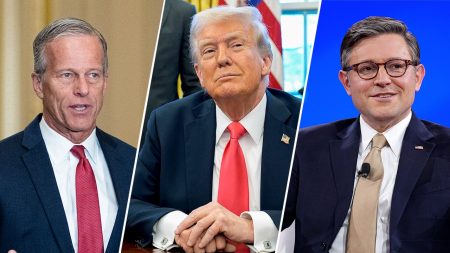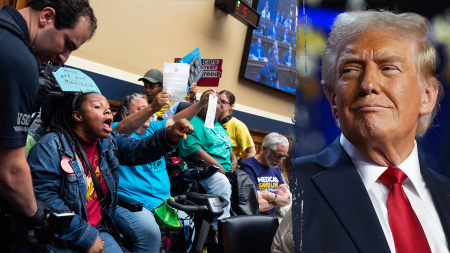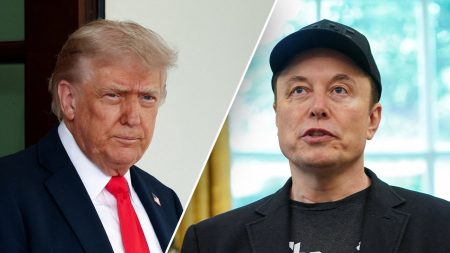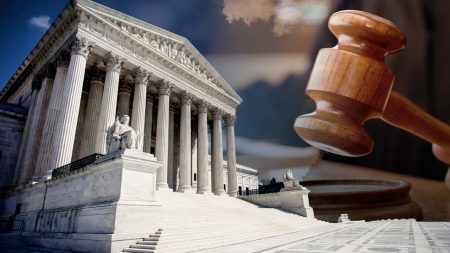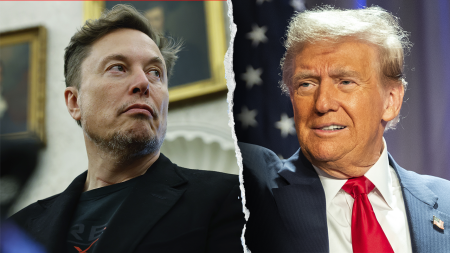Chief Justice John Roberts’s 2024 year-end report on the federal judiciary serves as a potent defense of judicial independence amidst a politically charged landscape. Roberts underscores the critical role of an independent judiciary in upholding the rule of law, emphasizing that respect for court decisions, whether popular or not, is fundamental to a functioning democracy. He cautions against the increasing tendency of elected officials and public figures to disregard or openly defy judicial rulings, framing such actions as a grave threat to the stability and integrity of American governance. Roberts highlights the historical precedent of judicial independence, harking back to the colonial era when lifetime appointments for judges were established as a bulwark against political interference. He implicitly contrasts this with recent trends where court decisions are increasingly met with defiance and even threats, thereby undermining the very foundation of the judicial system.
Roberts’s report meticulously lays out the dangers of eroding judicial independence. He argues that disregarding court decisions, regardless of political affiliation, sets a perilous precedent that can lead to a breakdown of the rule of law. The Chief Justice emphasizes that the judiciary’s role is not to appease any particular political faction, but rather to interpret and apply the law impartially. He acknowledges that court decisions will inevitably have winners and losers, and that administrations will experience defeats in court. However, he stresses that respecting these decisions, even when unfavorable, is crucial for maintaining the integrity of the legal system and preventing the kind of societal standoffs that marked the mid-20th century.
The report implicitly alludes to contemporary political discourse, where criticisms of the judiciary have become increasingly sharp and personal. Roberts cautions against the dangers of this trend, pointing to the rising incidence of threats against judges and the spread of misinformation about court rulings. He argues that such actions, fueled by political polarization and amplified by social media, not only undermine public trust in the judiciary but also create a hostile environment for judges, potentially jeopardizing their safety and ability to perform their duties impartially. He underscores that while criticism of court decisions is legitimate and protected speech, it must not cross the line into threats or intimidation.
Roberts emphasizes the importance of mutual respect and cooperation between the three branches of government. He quotes Chief Justice Charles Evans Hughes, stressing the need for “successful cooperation” among the branches to ensure the effective functioning of the government and the preservation of liberty. This call for inter-branch harmony serves as a thinly veiled rebuke to the increasing tendency of the executive and legislative branches to challenge the judiciary’s authority. Roberts implicitly argues that a healthy democracy requires a delicate balance of power among the branches, with each respecting the role and authority of the others. He warns that undermining the judiciary’s independence ultimately weakens the entire system of governance.
The report subtly acknowledges the current political climate, marked by intense partisan divisions and heightened scrutiny of the judiciary. Without naming specific individuals or cases, Roberts alludes to recent instances where elected officials have questioned or even defied court orders. He references the historical context of the Brown v. Board of Education decision, highlighting the necessity of executive branch enforcement of judicial rulings, even in the face of strong political opposition. This historical example serves as a reminder that upholding the rule of law often requires courage and a commitment to principle over political expediency.
Roberts’s concluding message is a plea for all Americans to cherish and protect the principle of judicial independence. He argues that this principle is not merely a technical legal concept but rather a cornerstone of American democracy. He emphasizes that judicial independence is essential for ensuring a fair and impartial application of the law, safeguarding individual liberties, and maintaining a stable and just society. The Chief Justice’s report is a timely and urgent reminder of the fragility of democratic institutions and the vital importance of vigilance in safeguarding them from political pressures and partisan attacks. He concludes with a call to action, urging citizens to actively defend the independence of the judiciary as an essential element of a functioning democracy.




